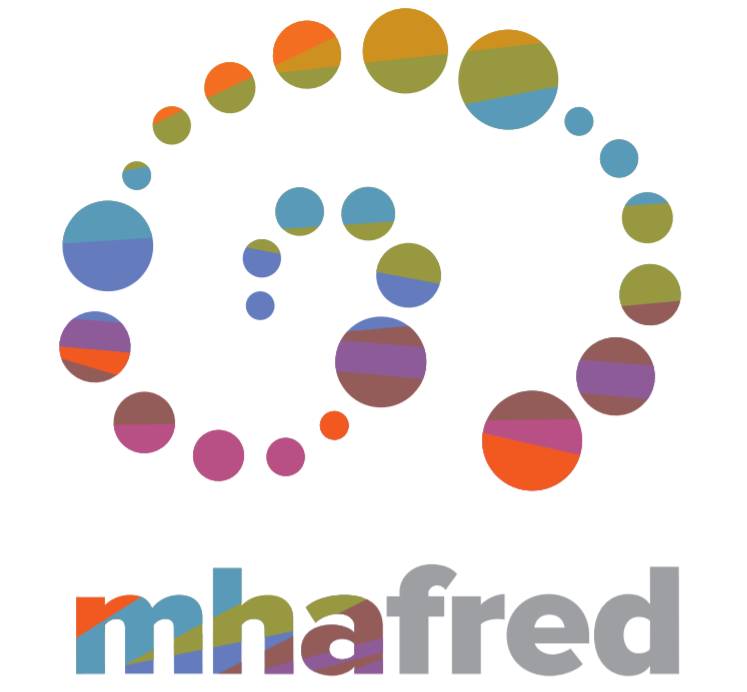Mocktails & Mental Health: A Modern Guide to Zero Proof Drinks
You may have noticed mocktails popping up on menus alongside your favorite cocktails. These “zero-proof drinks” have the same complexity and depth as a traditional cocktail but may be better for your mental and physical well-being. Whether you’re interested in mocktails for yourself, or you want to explore non-alcoholic options for your next get-together – this blog will guide you in your journey to embracing mocktails!
Overdose Awareness Day: How Can You Take Action?

Every year, August 31 marks International Overdose Awareness Day. This is a time to remember those lost to overdose, acknowledge the grief of affected families and friends, and take action to prevent future tragedies. This blog will detail the statistics and resources that are available in Planning District 16, which encompasses the City of Fredericksburg and the counties of Stafford, Spotsylvania, Caroline, and King George. The fight against overdose is supported by a network of dedicated organizations, nonprofits, and resources.
Cell Phones & Social Media: What Families Need to Know
In today’s digital age, cell phones and social media have become integral parts of our daily lives, especially for children and adolescents. While these technologies offer numerous benefits, they also pose significant risks to mental health. This blog post explores the effects of cell phone usage and social media on children’s mental health.
Mental Health: Resources for BIPOC Communities
The Facts
Each year, 1 in 5 adults in the United States experience a mental health condition (SAMHSA, 2021). Certain factors, like experiencing trauma, lacking support systems, and having limited access to health care, can leave minorities, including BIPOC (Black, Indigenous, and People of Color), at increased risk for behavioral health disorders.
BIPOC communities face unique mental heal challenges. Their experiences are shaped by historical and systemic factors such as discrimination and racism. These factors can significantly affect an individual’s mental well-being. Cultural influences can also impact how people in BIPOC communities ask for help with mental health challenges. In 2021, Multiracial adults 18 and older were more likely than any demographic to have Any Mental Illness, or AMI. MHAfred’s mission is to help all of our communities’ members connect with the resources they need with our MHAfred HELPLINE. Available from 9:00 am – 2:00 pm Monday through Friday, our staff is here to assist you.
This year, the U.S. Department of Health and Human Services Office of Minority Health (OMH) is focusing on improving mental health outcomes for racial and ethnic minority communities through its 2024 theme, Be the Source for Better Health: Improving Health Outcomes Through Our Cultures, Communities, and Connections. This theme calls on each of us to better understand how the unique environments, cultures, histories, and circumstances of BIPOC populations impact their mental health. Use this toolkit to promote this month!
Volunteering with Nonprofits: What You Need to Know
Volunteering with nonprofits is a powerful way to contribute to your community, build connections, and make a meaningful impact. Whether you’re new to volunteering or looking to get involved again, this guide will explain why nonprofits are essential, why volunteering matters, how to find your cause, and where to start. Plus, we’ll highlight some local nonprofits that need your help today!
